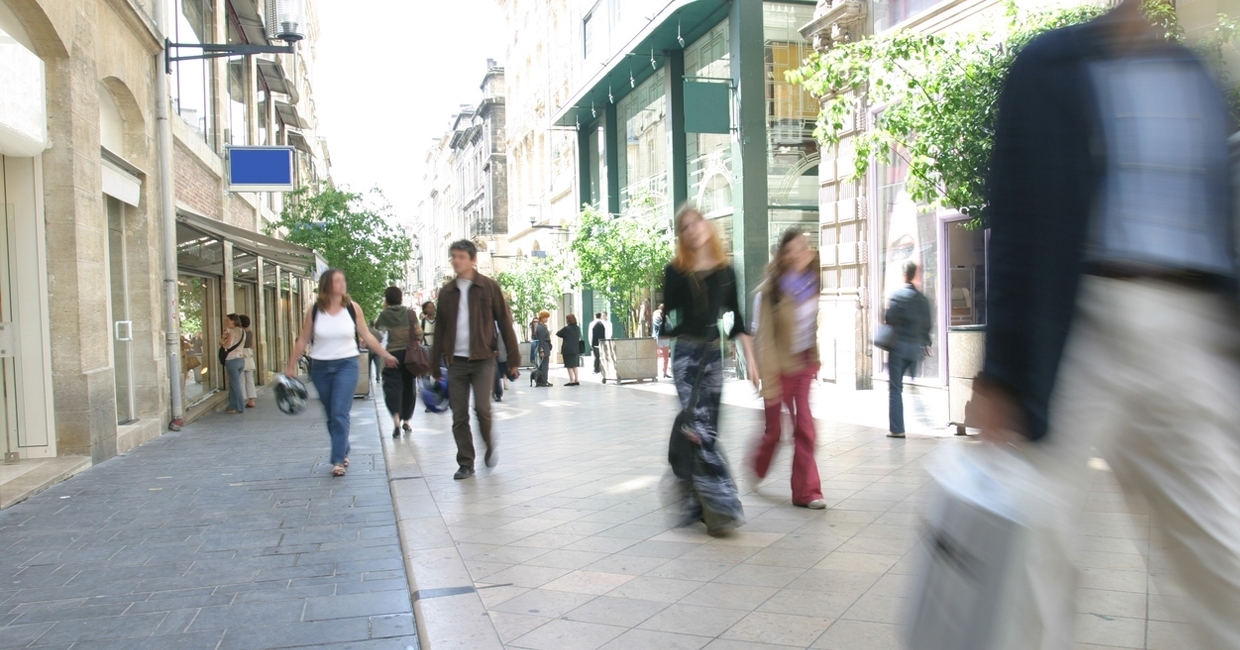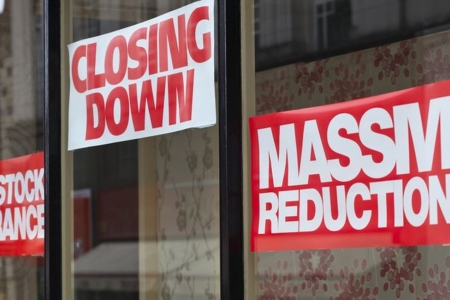Responding to the latest CPI inflation figures, which show headline inflation falling to 1.7% and food inflation rising +0.6 percentage points to 1.9%, Kris Hamer, director of insight at the British Retail Consortium (BRC), comments: “Inflation was down on August, dropping below the Bank of England’s 2% target for the first time in over three years.
"This was driven by lower energy costs, as well as easing inflation of clothing and footwear. While food inflation edged up slightly due to poorer harvests, prices of some sweeter items including chocolate and sugar fell in price on the month. With Ofgem's lifting of the energy price cap at the start of the month, October's figure (published next month) will reveal an inflation rate closer to the 3% mark, dampening real wage growth over the all-important Golden Quarter."
Deflation in the furniture, household equipment and maintenance category stood at -1.0% YoY in September, compared to -1.3% in August.
“The September CPI will determine next April’s increase to business rates, meaning the industry faces paying an extra £140m," Kris continues. "For too long, the gradual increases to business rates have been contributing to the decline of our high streets and town centres, damaging investment and preventing the creation of new shops and jobs. This effect could be compounded if other business taxes are increased at the Budget. The Chancellor should introduce a Retail Rates Corrector – a 20% downward adjustment in business rates paid on all retail premises – to redress the imbalance that sees retailers paying a higher proportion of their profits in taxes of almost any industry.”
Andrew Phillips, MD of PoS credit provider V12 Retail Finance, says the drop signals a rate cut and consumer relief: "Inflation in the UK fell to 1.7% in the year to September, the lowest since April 2021, and slightly below the expected 1.9%. With inflation now well beneath the Bank of England’s 2% target, this all but guarantees a second rate cut at the November meeting.
"For over three years, consumers have faced persistently high inflation, exacerbating the cost of living crisis. The Bank of England’s aggressive tightening in response to soaring prices has strained the economy, curbing consumer borrowing and confidence. This has impacted everything from groceries and retail to major sectors like housing and car ownership.
"Today’s inflation figures will bring relief not only to the Bank of England and the Treasury, but to consumers and businesses as well. After a difficult few years, we can expect a gradual reduction in interest rates, with the Bank's base rate likely settling around 3% – a far cry from the near-zero levels of the quantitative easing era but significantly lower than recent highs."










